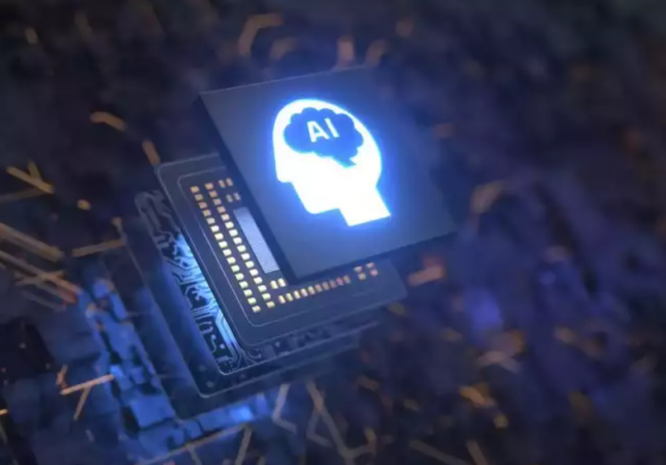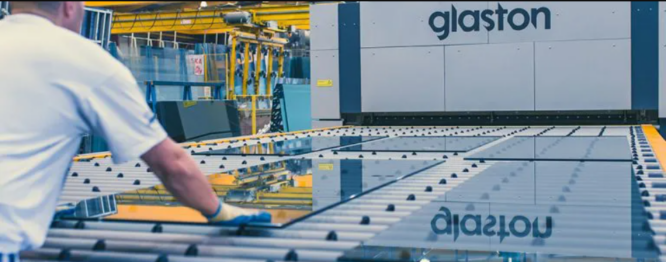According to a recent McKinsey & Co. assessment, generative artificial intelligence will enhance productivity and affluence for some but disrupt knowledge jobs globally.
According to McKinsey’s research arm, software will become increasingly ingrained in sales, marketing, and customer operations, with potential economic advantages of $4.4 trillion, or 4.4% of the world economy.
In the paper, McKinsey Technology head Lareina Yee claimed generative AI will provide individuals a “superpower” and the economy a productivity boost.
The study explored 63 use cases for generative AI, which generates text or visuals from a prompt, spanning 850 vocations. It estimated that productivity improvements might vary from 0.1% to 0.6% over the next 20 years, depending on technology adoption and implementation.
Yee said business executives must know which operations may be modified and how they want to rethink that. “That’s leadership and execution.”
The research claimed higher-wage knowledge employees whose activities “were previously considered to be relatively immune from automation” will be hit hard by the change.

McKinsey predicted a few years ago that half of global labor hours were wasted on automatable jobs. It’s now up to 60-70%. Employees may be reassigned or laid off. The research suggested workers need help learning new skills. “Some will change jobs.”
Happening fast
Customer operations, marketing and sales, software engineering, and R&D will generate 75% of the value from applied generative AI.
The survey showed that enhanced productivity from new technology increases customer happiness, decision-making, and fraud monitoring, generating $200-$340 billion for banks alone. Operating profitability would rise 9%–15%.
McKinsey estimated the technology might enhance product R&D productivity by 10% to 15%. In life sciences and chemical industries, AI can produce promising compounds faster, speeding medicine and material development. Pharmaceutical and medical goods businesses might benefit by 25%.
It’s happening rapidly. The firm’s past study predicted that AI technology will match humans in “natural-language understanding” activities in 2027. This year, McKinsey predicts.
Automation will affect white-collar employment more than physical activities and will come faster in developed nations due to greater compensation.

The change “will challenge the attainment of multiyear degree credentials.”
It may be the opposite of earlier technological advancements, which generally hurt lower-paid, less-educated jobs. The Luddites—British textile workers who shattered new cost-saving weaving machines—were among those doing manual labor.
This month’s National Bureau of Economic Research working paper by Columbia Business School, University of Maryland, University of California at Berkeley, and AI for Good matches McKinsey’s workforce composition predictions.
That analysis expected a major labor rearrangement. “AI investments are associated with a flattening of the firms’ hierarchical structure, with significant increases in the share of junior workers and decreases in middle-management and senior roles,” it concluded.



